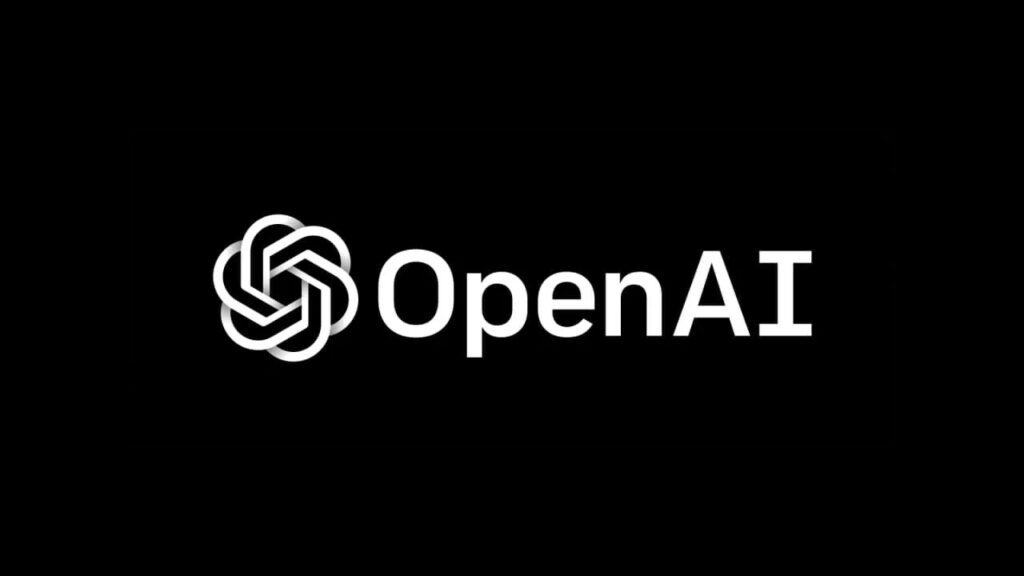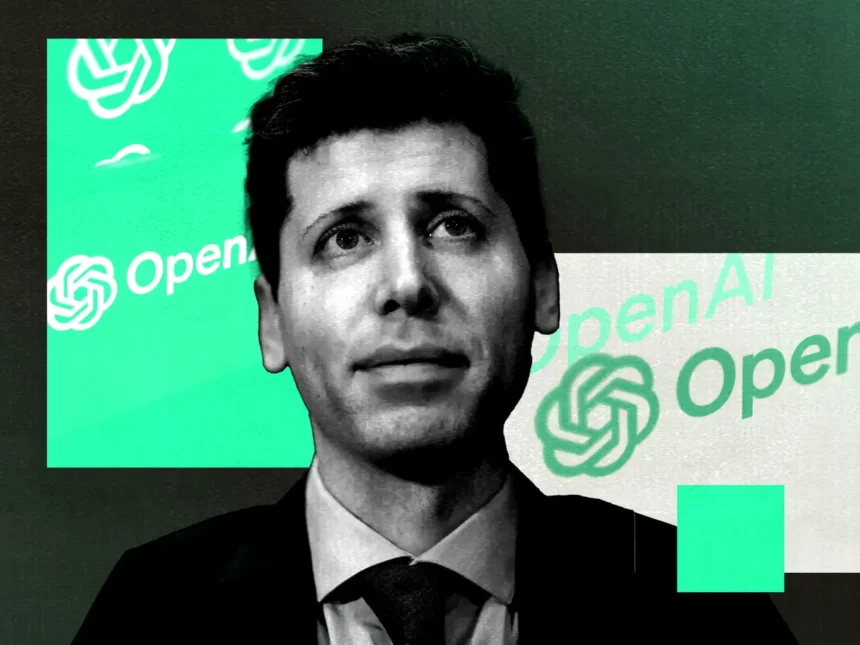In a recent development, OpenAI introduced a new beta feature for ChatGPT subscribers, allowing them to upload PDFs and interact with the content within the files. This update may be a game-changer for ChatGPT users who’ve struggled with sifting through lengthy PDF documents, as it enables the chatbot to analyze the content and answer questions based on it.

While this enhancement brings convenience to users, it raises concerns for startups that have built their business models around ChatGPT’s previous limitations. Some startups have capitalized on ChatGPT’s inability to interact with PDFs, providing services that utilize ChatGPT as a core technology. These companies, often referred to as “wrapper startups,” essentially wrap themselves around an API like ChatGPT to offer specialized services that aren’t directly available through the API itself. With ChatGPT’s newfound capability to handle PDFs, these wrapper startups are left wondering about their future relevance.
Sahar Mor, a product lead at the payments giant Stripe, expressed his view on LinkedIn, stating that “OpenAI just executed a move that will wipe out dozens of AI companies,” particularly pointing to the wrapper startups. While some may argue that these startups are exploiting a limitation in ChatGPT, it’s worth noting that OpenAI had previously encouraged developers to integrate ChatGPT into their apps and products. This move opened the door for various wrappers, each offering unique functionalities.
One prominent example of a wrapper startup is Jasper AI, which reached a valuation of $1.5 billion in 2023, with backing from major VC players. Jasper AI created an “AI copilot” tailored to enterprise marketing teams by wrapping around OpenAI’s GPT model. However, recent reports suggest that the company is facing challenges, including a lowered internal valuation and layoffs.
The ChatGPT update has left startups that offer interactions with PDFs, such as ChatOCR, questioning their future. ChatOCR, a ChatGPT plugin designed to extract text from PDFs, asked its users about the plugin’s prospects following ChatGPT’s PDF processing capabilities. An overwhelming 72.4% of respondents anticipated a decline in the plugin’s usage.
The key takeaway from this situation is that startups that lack a significant differentiator from their competitors risk being overshadowed when core technologies like ChatGPT evolve and expand their capabilities. Investors, too, should take note of these developments and reevaluate their investments in startups that may face challenges in a rapidly changing landscape.
In the ever-evolving field of AI and technology, startups need to continuously innovate and adapt to maintain their competitive edge. As OpenAI and similar organizations make enhancements to their technologies, the ecosystem of AI-related startups must remain agile to thrive in this dynamic environment.








